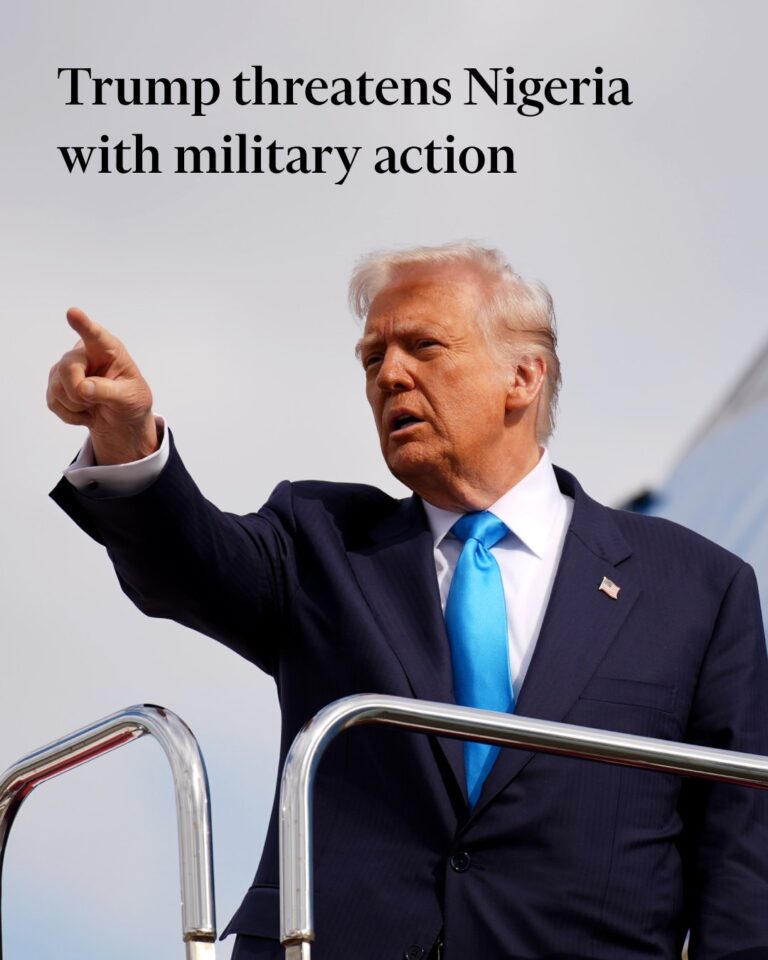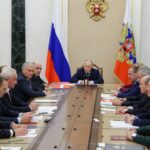While the probability of a direct, large-scale U.S. ground intervention in Nigeria remains low, certain triggers—including counterterrorism escalation, energy security pressures, great-power competition in West Africa, and domestic political incentives—could lead to limited, targeted U.S. military operations. Such actions would reflect broader Trump administration patterns: transactional foreign policy, emphasis on strategic resource access, and kinetic shows of strength amid signaling for “peace deals” elsewhere.
Nigeria holds a unique role in U.S. global calculations:
| Factor | U.S. Interest |
| Population | Africa’s largest, key partner in regional stability |
| Energy | Major oil & gas producer; U.S. interest in secure supply chains |
| Security | Epicenter of Boko Haram/IS-W Africa insurgency |
| Geopolitics | Battleground for U.S.–China competition |
| Regional Influence | ECOWAS anchor, influence over Sahel and Gulf of Guinea |
A Trump White House historically prioritized counterterrorism operations, countering Chinese influence, and securing energy interests. A campaign in Nigeria—if conceived—would be framed around those goals.
Why Trump Might Consider a Military Operation
1. Domestic Political Logic
| Motivation | Explanation |
| Projection of strength | Demonstrates decisive leadership vs. perceived decline |
| Election positioning | Rally domestic support through foreign assertiveness |
| Counter-“weakness” narrative | Counter critics claiming U.S. retreat |
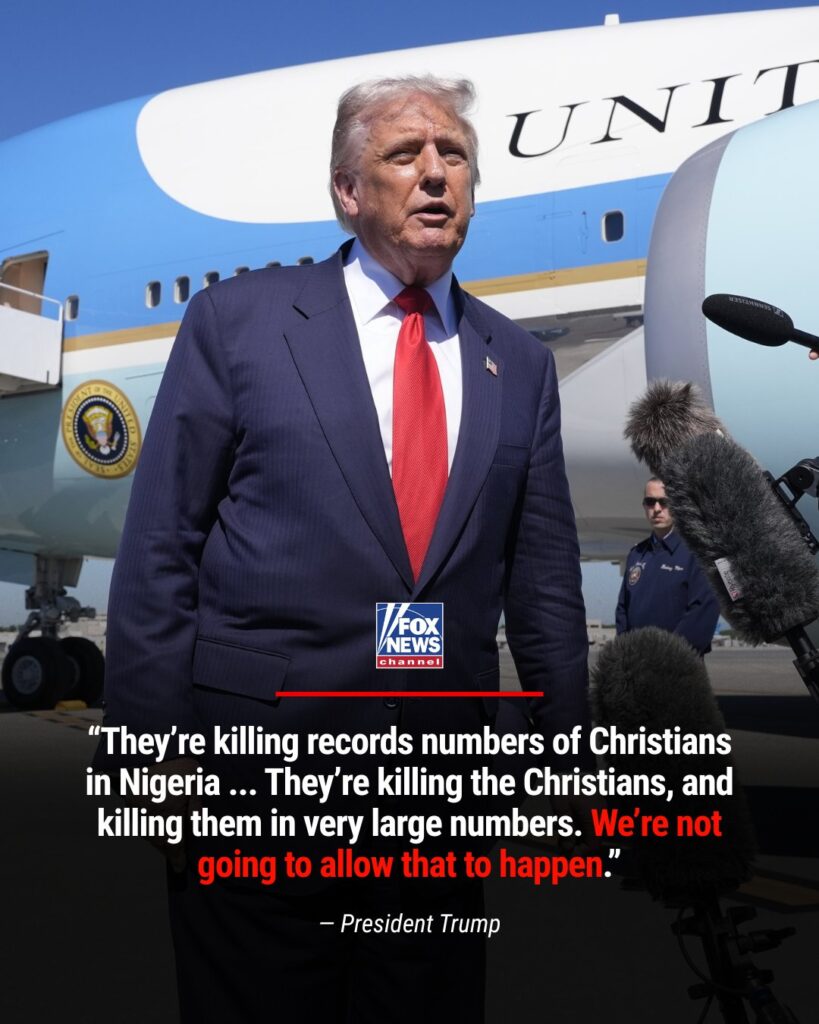
Trump messaging has often linked military displays with peace through strength rhetoric.
. Counterterrorism Imperatives
Potential triggers:
- Boko Haram/ISIS-W escalation
- Large-scale terror attack against Western interests
- Collapse of Nigerian counterinsurgency capacity
Trump’s past doctrine: Eliminate terrorists quickly, decisively.
. Resource and Economic Leverage
A campaign could align with:
- Ensuring U.S. access to oil/critical minerals
- Protecting U.S. company investments
- Preventing Chinese strategic dominance
Nigeria is key to rare minerals, LNG markets, and offshore oil.
. Geostrategic Competition with China and Russia
Recent years saw:
- China expanding deep infrastructure and defense deals in West Africa
- Russia exploiting instability in Sahel via Wagner and Africa Corps
A U.S. intervention could serve as hard power messaging in the new global rivalry.
Possible Operational Scenarios
| Scenario | Description | Probability |
| Counterterrorism shock operation | JSOC raids, air strikes, intelligence fusion | Medium-High |
| Limited deployment with Nigerian approval | Train-advise-assist + drone bases | Medium |
| Support for Nigerian internal stabilization | If Abuja requests U.S. military help | Low-Medium |
| Unilateral intervention “to secure interests” | U.S. forces without full Nigerian consent | Very low |
| Full-scale campaign | Iraq/Afghanistan model | Extremely low |
The most realistic scenario is surgical counterterrorism intervention framed as anti-ISIS action.
Sources of Support
Domestic U.S. Support
| Group | Motivation |
| Defense hawks | Restore U.S. global dominance |
| Energy sector | Secure investment, oil routes |
| Counterterrorism establishment | Neutralize jihadist strongholds |
Opposition likely from:
- Isolationist wing of U.S. politics
- Anti-intervention public sentiment
- Budget-conscious Republicans
International Support
Probable supporters:
- U.K. (if framed as counterterrorism)
- ECOWAS states worried about Nigeria collapse
- Gulf states with oil market ties
Likely opposition:
- China (loss of influence)
- Russia (loss of narrative & footprint)
- Some European & African states if framed as neo-interventionism
Nigeria’s own internal politics would be decisive: Abuja consent vs. nationalist backlash.
Expected Results
Likely Goals
- Degrade jihadist networks
- Strengthen U.S. military footprint in West Africa
- Secure U.S. energy and investment channels
- Demonstrate toughness vs. China/Russia
Operational Gains
- Tactical kills of high-value insurgent targets
- Intelligence dominance
- Boost to regional deterrence
Risks
- Civilian casualties
- Nigerian domestic backlash
- Anti-U.S. insurgent recruitment
- Diplomatic rupture if action viewed as neo-imperialism
Possible Outcomes and Costs
| Outcome | Description |
| Short campaign success | Temporary threat reduction, boosted U.S. influence |
| Strategic quagmire | Escalation draws U.S. into complex Nigerian politics |
| African anti-U.S. backlash | Boost to jihadist propaganda & Wagner-style narratives |
| Economic costs | Operational expense vs. unclear long-term gains |
U.S. losses likely low (special ops model), but political and reputational risks high.
Why a “Peace Campaign” President Might Use Force
Trump has historically paired:
- Diplomatic spectacle (summits, mediation offers)
- Kinetic force or threats (Soleimani strike, DPRK threats)
This aligns with a transactional doctrine:
Make peace through intimidation, not restraint.
Thus, military action in Nigeria would not contradict his “peace” narrative—rather, it fits his model of punishing enemies while cutting deals with major rivals.
- Probability of major invasion: extremely low.
- Probability of targeted counterterrorism strikes: moderate.
- Primary drivers: counterterrorism, energy security, China-Russia rivalry, domestic optics
- Main risks: political backlash, limited strategic benefit, destabilization of Nigeria’s internal balance
A hypothetical Trump intervention would most likely be:
Short, targeted, symbolic, and designed to project strength rather than reshape Nigeria.
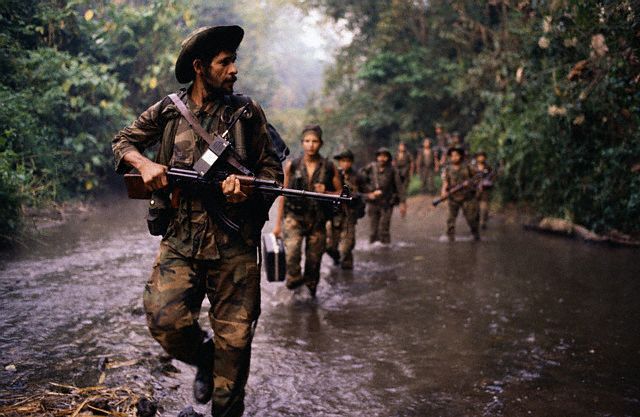
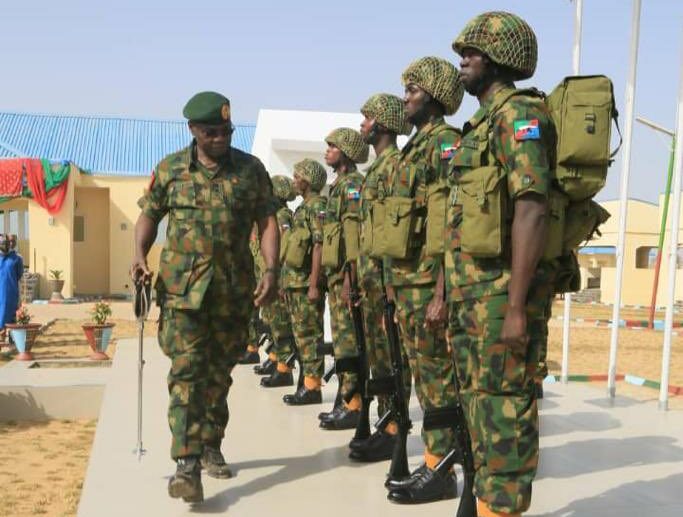
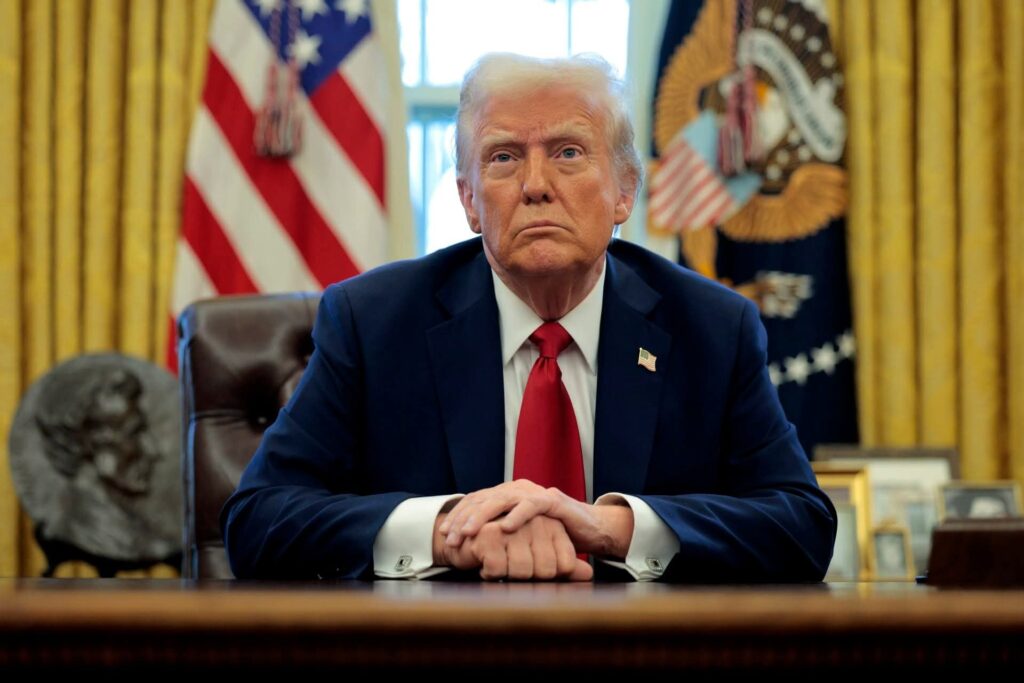
More on this story: Vacuum of Influence: Western Withdrawal and the Rise of New Powers in Africa”
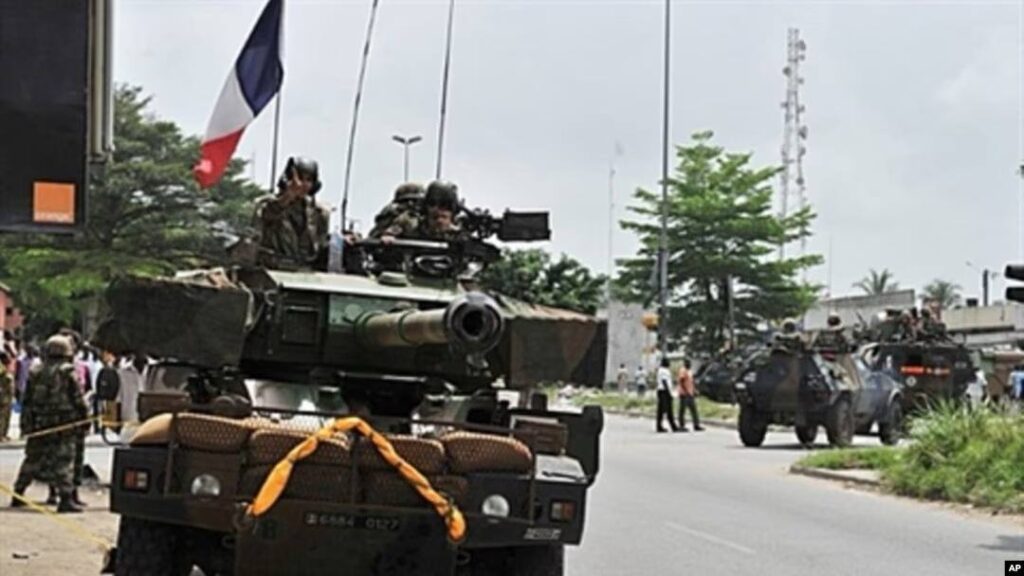
More on this story: French Troop Withdrawals and Africa’s Geopolitical Realignment


